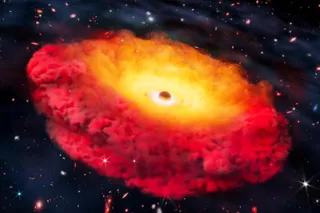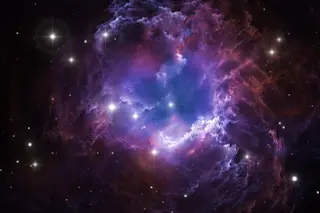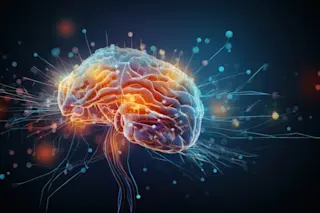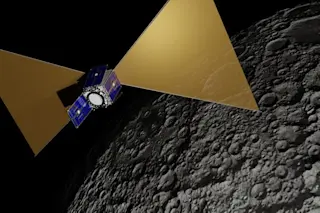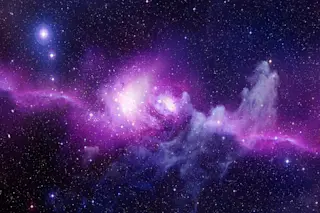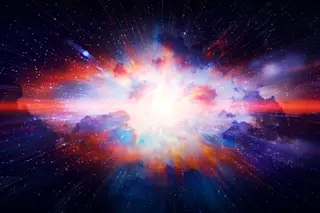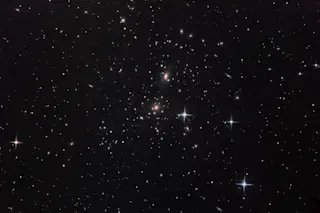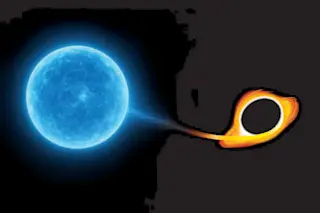If you’re interested in science and own a TV, you will probably be watching the reboot of Cosmos this Sunday. You also probably know that the show will be updated with new science since Carl Sagan’s original series, that it features astrophysicist Neil deGrasse Tyson, and that its premiere will be “the biggest roll-out in television history," if you believe major backer of the show, Seth MacFarlane. You may have read profiles, news pieces, interviews, or even seen a preview of the show. But nobody knows the answer to the most important question—will Cosmos work? Science TV shows are an interesting breed of entertainment. They seek not only to entertain, but also to teach, to help the viewer learn. And because the television medium allows for so much creative exploration, it might not surprise you that nobody can agree on the best way to teach and entertain at the same ...
Will Cosmos Work?
Explore the impact of science communication efforts through the new *Cosmos* reboot with Neil deGrasse Tyson and its significance.
More on Discover
Stay Curious
SubscribeTo The Magazine
Save up to 40% off the cover price when you subscribe to Discover magazine.
Subscribe

